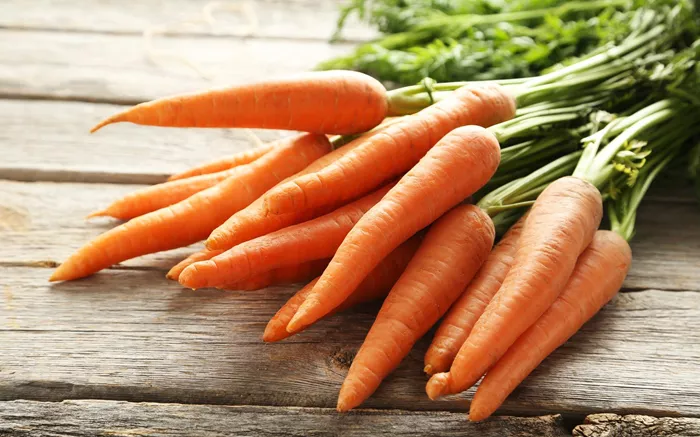A recent study by researchers from the Swedish School of Sport and Health Sciences, Uppsala University, and Karolinska Institutet reveals that higher intake of β-carotene, a nutrient found in fruits and vegetables, is associated with better mental health in Swedish teenagers.
The research, published in the European Journal of Nutrition, highlights the potential benefits of antioxidants in reducing anxiety and psychosomatic symptoms among youth.
Mental health issues are increasing among adolescents worldwide, with about half of adult mental disorders starting by age 14. In Europe, over 16% of adolescents suffer from mental disorders, a rate higher than the global average of 13%.
Swedish teens experience even higher rates compared to other Nordic countries. Psychosomatic complaints—physical symptoms like pain triggered by psychological distress—have nearly doubled in Sweden from 29% in 1985 to 57% in 2013.
Diet quality plays a crucial role in mental health. Healthy diets rich in fruits, vegetables, whole grains, nuts, seeds, and fish are known to reduce depression risk and improve overall well-being. However, the relationship between diet and mental health is complex and influences each other.
The study involved 1,139 Swedish adolescents aged 13 to 14 from 34 schools near the Swedish School of Sport and Health Sciences. Researchers collected dietary data using a validated web-based 3-day recall method, focusing on two days of food records to avoid bias.
Mental health was evaluated through self-reported questionnaires measuring anxiety, psychosomatic symptoms, and health-related quality of life.
The study specifically examined the intake of antioxidants—vitamin C, vitamin E, and β-carotene—due to their known roles in reducing oxidative stress and inflammation, which are linked to mental health problems.
Adolescents with the highest β-carotene intake reported significantly lower anxiety, fewer psychosomatic symptoms, and better quality of life compared to those with the lowest intake.
Higher vitamin C intake was associated with fewer psychosomatic symptoms.
Vitamin E intake showed no significant link to mental health outcomes after adjusting for factors like gender, body mass index, and energy intake.
Boys who met all three vitamin recommendations reported nearly 2.5 fewer psychosomatic symptoms than those who met none.
Some gender differences emerged: girls with moderate to high β-carotene and vitamin E intake had fewer psychosomatic symptoms and better quality of life, while boys with higher vitamin C intake reported fewer psychosomatic symptoms.
The study suggests that β-carotene’s anti-inflammatory effects, which reduce harmful molecules like IL-6 and TNF-α, may explain its positive impact on mental health. Since β-carotene is abundant in fruits and vegetables, its intake likely reflects a healthy diet that benefits adolescent mental well-being.
Vitamin C’s association with fewer psychosomatic symptoms indicates it might help alleviate physical symptoms linked to psychological distress. The lack of significant findings for vitamin E aligns with previous research.
This study highlights the importance of a diet rich in β-carotene for improving mental health among Swedish adolescents. Encouraging increased consumption of fruits and vegetables could be a valuable strategy to reduce anxiety and psychosomatic symptoms in youth.


